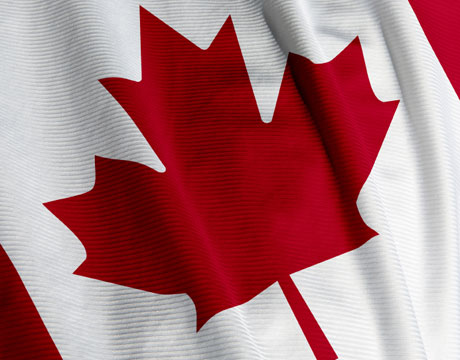The EFC paper itself noted that the creation of the Conservative party, out of what had become a fragmented conservative movement, “brought a greater degree of clarity and coherence to Canada’s right-of-centre political options.” Along with that, the authors suggested, was the hope among evangelicals that marriage and life issues, including a stance against the legalizing of euthanasia, would follow conservative governance.
The paper also noted that “it has been suggested that higher support for, first, the Reform Party, then the Canadian Alliance and finally, the Conservative Party, could be attributed to the evangelical faith of the party’s respective leaders. This is a difficult thesis to test because in the time period under consideration, these parties have never had a non-evangelical leader.”
Further, it suggested, “the growing evangelical support for the Conservatives had more to do with the Conservative’ offering a viable alternative to the Liberals, whom many perceived as corrupt and hostile, than with a hope for potential policy gains.”
The EFC research alsp suggests that support for the Liberals may have fallen off rapidly because of the party’s electoral tactics, rather than any particular policy change.
The paper cites six specific actions:
- Liberal strategist Warren Kinsella’s 2000 mocking of the creationist beliefs of then Canadian Allliance leader Stockwell Day, an evangelical Christian. Kinsella said, among other things: “I just want to remind Mr. Day that The Flintstones was not a documentary.”
- After supporting traditional marriage in 2002, parliamentary Liberals opted to press for a redefinition of marriage as being “between two persons” rather than “between a man and a woman.”
- Before the 2004 election, the Liberals commissioned a ‘push poll’ that asked Ontarians: “Would you be more or less likely to vote for the Conservatives if you knew they had been taken over by evangelical Christians.”
- In 2005, in the midst of the same-sex marriage debate, Liberal cabinet minister Pierre Pettigrew mused: “I find that the separation of church and state is one of the most beautiful inventions of modern times.”
- During the 2006 election campaign, then Liberal prime minister Paul Martin suggested that he would amend the Charter of Rights and Freedoms to bar federal use of the notwithstanding clause. “Many evangelicals saw (Martin’s) promise (as) … characterizing those who supported a traditional view of marriage as a danger to ‘Canadian values’.”
- Stephane Dion, after becoming the Liberal leader, exhibited a “clumsy” attempt to reach out to religious voters. For example, in 2007, when asked by Christian talk show host Michael Coren why he was peppering his conversation with references to God, Dion replied, “I have been told that this is important to the people who watch this show.”
The study also reflects on evangelical interest in the Green Party and contains data, as well, that breaks out into Canadian regions, such as Quebec and the West.
